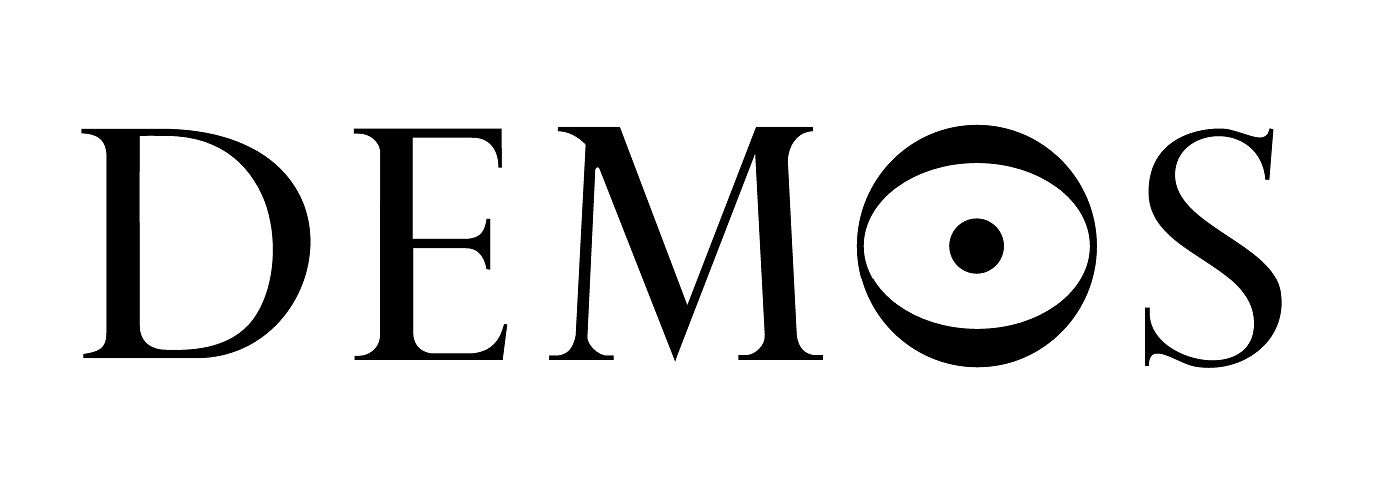Demos: Social value measure needed to protect vital services from cuts

Third sector organisations must be able to demonstrate their social value in the face of pending cuts, argues a report released by Demos today.
The danger of losing valuable and value-for-money services provided by non-profit organisations can be avoided by supporting the third sector to implement a standardised method of demonstrating the social value of the work organisations do. Demos urges non-profit-generating organisations to seize the opportunity of the recession to show the social goods they produce offer value for money.
Differing definitions and methods to measure social value complicate the current ability to compare the success of third sector organisations. The report Measuring Social Value stresses the importance of defining standardised metrics to assess organisations side by side.
The report recommends working towards the Social Return on Investment model (SROI) but highlights that few organisations in the UK are ready to apply this model. The organisations below were randomly selected and assessed on their readiness to report their social value.
SROI Readiness according to social value reporting, most ready to least ready:
1. British Trust for Conservation Volunteers
2. Citizen Advice
3. Community Service Volunteers
4. Catch 22
5. Independent Age
6. COSMIC
7. Community Enterprise Unit
8. Eden Trust
9. Royal National Institute for Deaf People
10. Guide Dogs for the Blind
11. Age Concern
12. Action for Children
13. Homeless Link
14. Young Women’s Christian Association
15. Diabetes UK
16. Salvation Army
17. Princess Royal Trust for Carers
18. Southbank Centre
19. Social Enterprise for London
20. Royal Institute of British Architects
21. The South East London’s Doctor’s Co-operative
22. Comic Relief
23. Keep Britain Tidy
24. Second Byte
25. Pack-It
26. Catch 22 Academy
27. The Art Fund
28. Women’s Aid
Dan Leighton said:
“As the axe falls, social value is the currency by which we must judge the third sector. Demonstrating the value of intangible benefits is a tough aim but one that can and must be achieved if services are going to prove their worth.”
Andrew Barnett, Director of the Calouste Gulbenkian Foundation, UK, said:
“Accounting for social value is a spotlight from which voluntary, community groups and social enterprises cannot escape. But in approaching this thorny issue, three things are crucial: first, we should not forget our ultimate goal is social impact and measurement is merely a tool to help us maximise this; second, the move to better measures of social return on investment is a journey and the important thing is to embark on that journey, get the benefit from the first steps, and not worry too much that nirvana may be a long way off; and thirdly, the sector is going to need a lot of help. We will have to build new skills and ask ourselves new questions but the rewards will be enormous.”
Third Sector, David Ainsworth
Ends.
Notes to editors:
The SROI Readiness table judged third sector organisations on the following criteria:
Qualitative service outputs
Quantitative service outputs
Qualitative service outcomes
Quantitative service outcomes
Environmental qualitative wider impacts
Social qualitative wider impacts
Environmental quantitative wider impacts
Social quantitative wider impacts
Financial value attributed to quantitative outcomes
Stakeholder feedback eg. satisfaction surveys
Whether quantitative goals have been set
This report is the result of 4 months research involving expert interviews and comparative analysis of 30 third sector organisations annual reports.
Measuring Social Value: The gap between policy and practice by Claudia Wood and Daniel Leighton is published by Demos. It can be downloaded for free from www.demos.co.uk
Claudia Wood is a Senior Researcher at Demos and and Daniel Leighton is Head of the Public Interest Programme.
This report was supported by the Calouste Gulbenkian Foundation. The Calouste Gulbenkian Foundation is an international charitable foundation with cultural, educational and social interests. Based in Lisbon with offices in London and Paris, the Foundation is in a privileged position to support national and transnational work tackling contemporary issues. The purpose of the UK Branch in London is to connect and enrich the experiences of individuals, families and communities with a special interest in supporting those who are most disadvantaged. One of its current objectives is to support the voluntary sector in developing the capacity for maximising social return.
For media enquiries, please contact:
Beatrice Karol Burks, Press and Communications Officer
[email protected]
020 7367 6325
079 2947 4938
